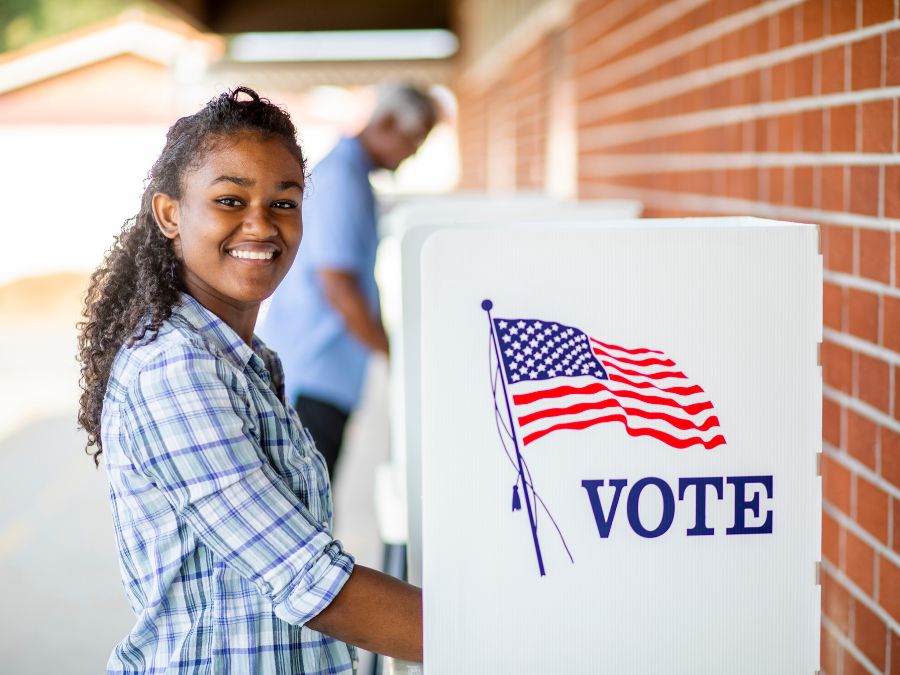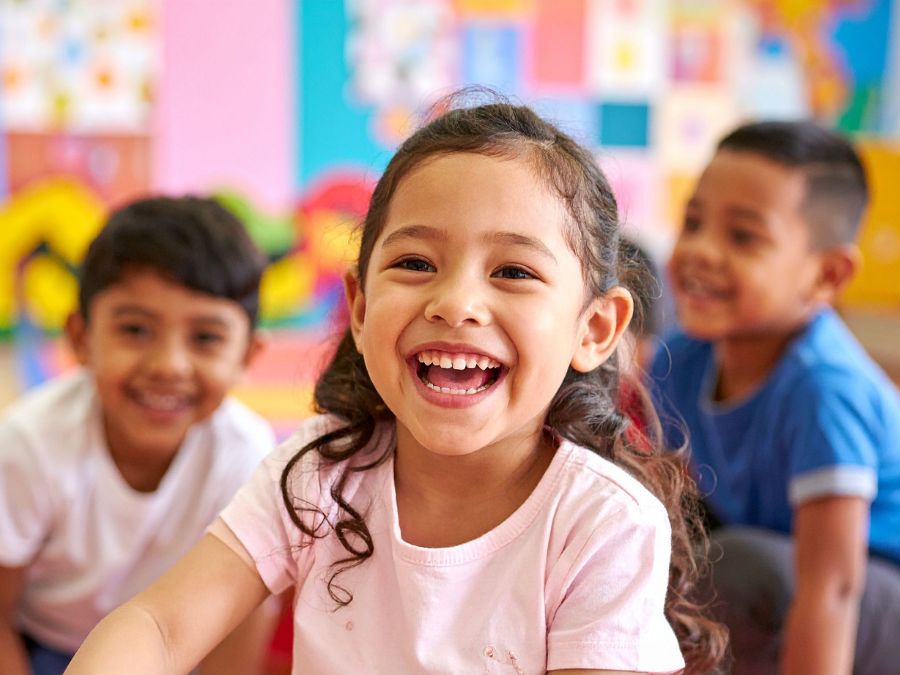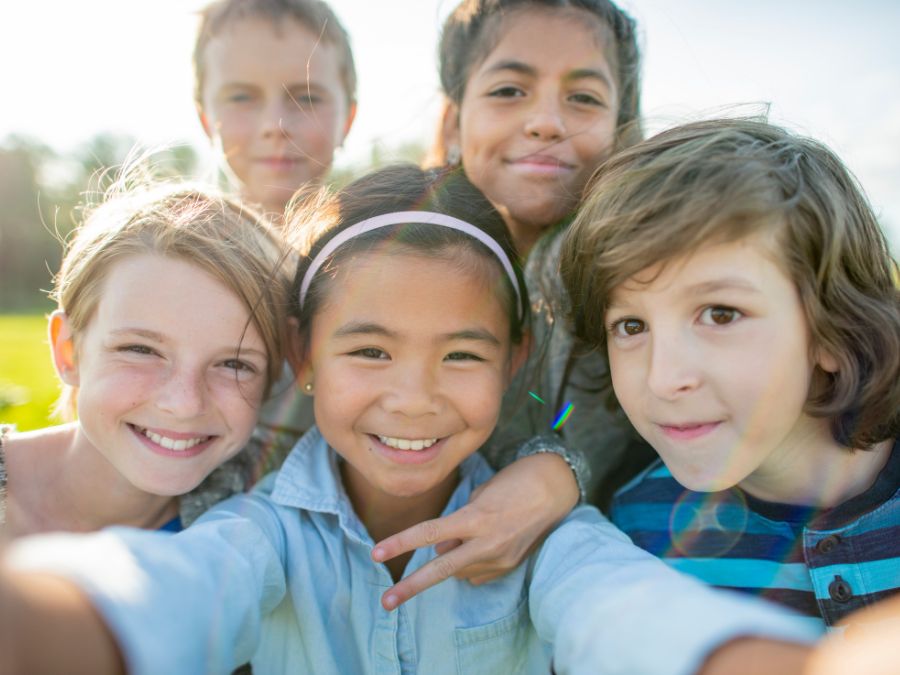
Community resilience and belonging creates positive childhood experiences
Voting directly affects communities. Elections bring communities together and create a sense of belonging and mattering on what issues and policies are important to them. Elections and the act of voting are fundamental to our democracy and many have fought hard for the right to vote. Together, we can shape the direction of our country, future policies, and a better world where children today, and in the future, will grow up.
Currently, equitable access to voting has been under attack through court decisions, race-based drawings of voting districts, and voter intimidation. Fortunately, many people and organizations are working to expand voting as an important form of social and civic engagement. These organizations are fighting against practices that promote voter suppression. For example, the Ash Center for Democratic Governance and Innovation at Harvard Kennedy School conducted a case study in Denver, Colorado where jail residents, many who are legally allowed to vote, were given educational support on voting, better opportunities for voter registration, and in-jail access to voting. Other practices of voter suppression include limiting polling locations, prohibiting the option to mail in your vote, imposing strict voter ID laws, cutting voting times, restricting registration, and removing eligible voters during voter purges.
Voting is an important right for everyone. Children and youth will see how we uplift each voice to be heard. Voting is an opportunity for everyone to engage in their community and feel a sense of pride and belonging. We want to foster this excitement in our youth today, so when they are old enough to vote they understand the power and importance of their voices.
The Four Building Blocks of HOPE
The act of voting in elections and involvement in politics touches each of the Four Building Blocks of HOPE:

Relationships
Voting for people from within our community allows someone who understands the community’s needs and lived experiences to be a decision-maker. A strong relationship with the community can help create safer spaces, better opportunities, and a stronger economy.
Environment
Voting does more than just elect officials, it promotes community resilience by addressing key issues that affect children and families such as access to services and supports and funding for schools and playgrounds.
Engagement
Electing officials who have diverse experiences is key to equitable representation in government. Children and youth see that they, too, can run for office and serve their community no matter their background or identity.
Emotional Growth
Voting is a powerful tool that shows how important and strong our voices are. While youth are too young to vote, they can participate in advocacy efforts and share their voices this way.
Resources
- National Geographic for Kids – Learn about the March on Washington together with your children.
- Healthy People 2030 – Learn more about this initiative, and how to promote healthy living among adults, children, and adolescents.
Take action
- Ask the children and youth you work with to participate in mock election programs or host a mock election of your own!


